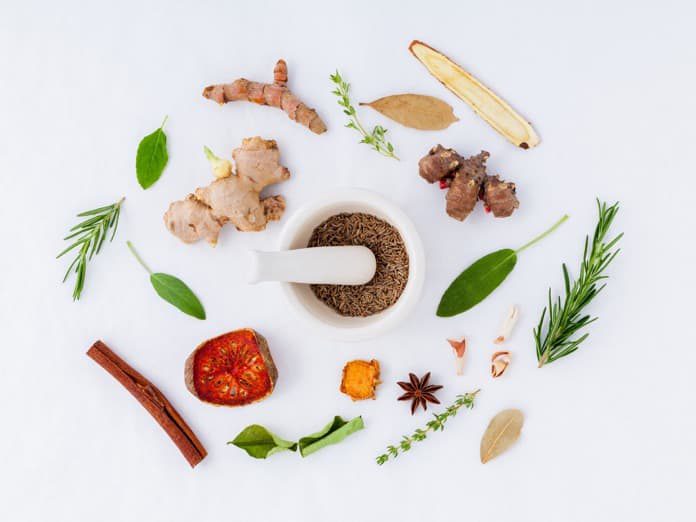Researchers recently conducted a review of the efficacy of phytotherapy for treating anxiety disorders to find new plant-based medicines with fewer side effects and risks than traditional medications.
Anxiety disorders are chronic and are the most frequently diagnosed mental illnesses in Canada. A major neurotransmitter involved in anxiety is gamma-aminobutyric acid (GABA). Current pharmacotherapeutic medicines that act on the GABA pathways of the brain are effective; however, they are well-known for their addictive nature and negative side effects. Various plant-based treatments may be effective in treating anxiety disorders with fewer negative side effects. Phytomedicines are whole plant or plant-based compounds that may prevent or help to treat the symptoms of disease.
Researchers at the Department of Psychiatry of the University of Melbourne in Australia collected preclinical and clinical studies on various phytotherapies acting on the GABA pathways. They conducted a systematic review to reveal the evidence for the efficacy of phytotherapy in vitro, in animal studies, and in human subjects. The results were recently published in the journal Phytotherapy Research.
Kava Plant Has Highest Efficacy
Kava, a plant found in the South Pacific, has the largest efficacy based on evidence for treating anxiety disorders. The researchers found in vitro and in animal investigations indicating strong evidence for activity in the GABA pathways and superiority to placebos in human clinical trials.
Chamomile, passion flower, valerian, Indian ginseng, and pennywort were also studied in this review. Each phytotherapy demonstrated GABA-ergic activity in laboratory studies and reductions in stress levels and anxiety ratings in animal and human studies. For most of these plant-based medicines, the exact location in the brain of GABA-ergic activity is still unknown. The exact constituent of the extracts of these plant-based medicines acting on the GABA pathway requires further investigations in vitro.
Other phytotherapy classes that appear to act on the GABA pathway were examined in this review including, maiden hair, hops, lemon balm, and scullcap. These natural medicines lack evidence showing efficacy in the treatment of human patients diagnosed with anxiety disorders. For these substances, and the numerous other phytomedicines that were excluded from this systematic review, further studies are required to investigate the anxiety-reducing action of these ancient medicines on the human brain. Additional in vitro studies examining the exact mechanism of action leading to GABA-ergic pathway modulation can lead to further human studies identifying new and safe phytotherapy for the treatment of anxiety disorders.
More Rigorous Studies Required
Anxiety disorders affect 3% of the general Canadian population in a given year. Given its frequency in the community, patients require treatment options that are effective and safe. Although more rigorous human studies are required to validate the efficacy and safety of phytotherapy, this is the first systematic review revealing in vitro, animal, and human evidence of various ancient medicines in their positive effects on anxiety disorders.
Written by Jessica Caporuscio, PharmD
Reference:
(1) Savage K, Firth J, Stough C et al. GABA-modulating phytomedicines for anxiety: A systematic review of preclinical and clinical evidence. Phytotherapy Research. 2017
(2) Statistica Canada. Section B Anxiety Disorders. Part 4 General Anxiety Disorder. http://www.statcan.gc.ca/pub/82-619-m/2012004/sections/sectionb-eng.htm#a4



